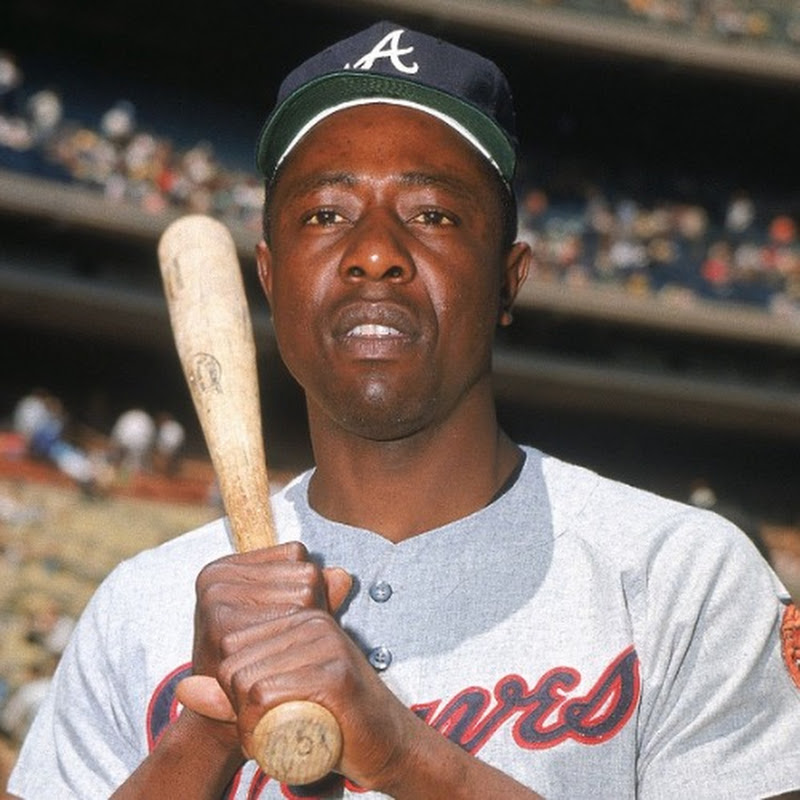0:02
So, it was always kind of school first.
0:05
Um, I was good at baseball when I was
0:07
younger. I was not elite. Um, I only had
0:10
like a couple of small looks from D1
0:13
programs, a lot of Jo and D2, D3 looks
0:17
and so, you know, no schools that were
0:19
really interested in me that were worth
0:21
giving up an MIT degree. So, that's why
0:23
I ended up going going with MIT. But it
0:26
it was definitely definitely a juggle.
0:28
Focusing on school, focus on baseball. I
0:31
just had to make sure I kept my
0:32
priorities straight. Probably freshman
0:34
fall. My first outing there, I topped 95
0:37
and that's kind of like I guess what my
0:39
mental threshold for what it would take
0:40
to to get pro looks, especially out of a
0:42
D3. So probably probably my freshman
0:45
fall. There's definitely there's
0:47
definitely some some um intellectual
0:50
aspects of the game. um data driven
0:53
stuff has has been very big because it's
0:55
been very successful. Uh guys that rely
0:57
on it do better. Uh you can track
1:00
metrically like what's going to play and
1:01
what's not and that's very valuable when
1:03
you're recruiting guys and also whenever
1:05
you're you're moving guys up. Um it's
1:08
also like helpful like seeing why guys
1:10
struggling. I definitely think it's a
1:12
big part of the game now and I think
1:13
it's a good thing especially for
1:14
pitchers, but um like it it's it's it's
1:18
definitely it's definitely prevalent and
1:20
it's definitely justified that it
1:23
doesn't really matter where I'm coming
1:24
from that that you know I'm good enough
1:26
and and hopefully I'll I'll get a chance
1:28
to go play pro ball next year. I guess
1:31
kind of mentally a little bit of Max
1:33
Scherzer. Um he's kind of you know go
1:35
out and get the hitter. Don't really
1:37
care who's in the box. But uh I guess
1:39
kind of metrically a little bit after


